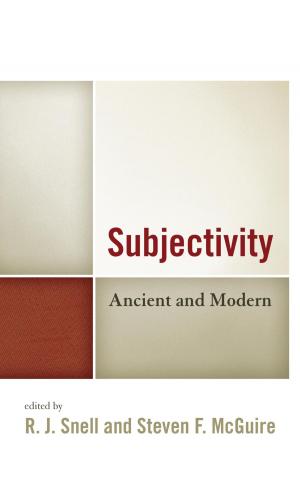Elizabeth Cary: 5 books
by Elizabeth Cary
Language: English
Release Date: June 13, 2014
Language: English
Release Date: June 13, 2014
***The Tragedy of Mariam, the Fair Queen of Jewry***is a Jacobean closet drama by Elizabeth Tanfield Cary. First published in 1613, it was the first work by a woman to be published under her real name. Never performed during Cary's lifetime, and apparently never intended for performance, the Senecan...
The Dama Gazelles
Last Members of a Critically Endangered Species
Language: English
Release Date: April 9, 2018
Finalist, 2019 Outstanding Publications Award, sponsored by the Texas Chapter of the Wildlife Society
Dama gazelles, the largest of the gazelles, were once a common sight in Northern Africa, with a habitat ranging from the Atlantic Ocean east almost to the Nile River. Today, these animals are...
Classic Plays by Women
From 1600 to 2000
Language: English
Release Date: April 2, 2019
Classic Plays by Women: an anthology of the best plays by female dramatists from 1600-2000
Staged in theatres by successive generations and proving relevant to contemporary audiences, the plays demonstrate the wit, theatrical skill and innovation of their creators in exploring timeless topics...
by Elizabeth Cary Agassiz
Language: English
Release Date: February 20, 2015
Language: English
Release Date: February 20, 2015
Louis Agassiz was one of the fathers of Earth sciences in his lifetime, his second wife collected the correspondence he shared with some of the foremost thinkers of his day, here is the first volume of this fascinating collection.
Subjectivity
Ancient and Modern
Language: English
Release Date: March 4, 2016
Subjectivity, sixteen leading scholars examine the turn to the subject in modern philosophy and consider its historical antecedents in ancient and medieval thought. Some critics of modernity reject the turn to the subject as a specifically modern error, arguing that it logically leads to nihilism...




